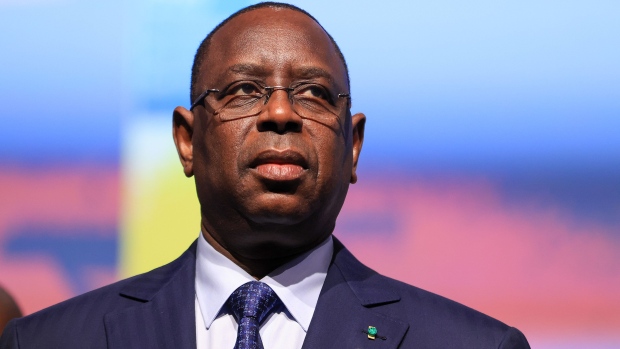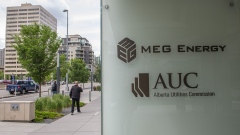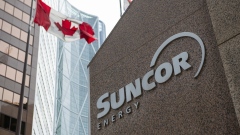Feb 5, 2024
Senegal Lawmakers Approve Ten-Month Delay to Presidential Vote
, Bloomberg News

(Bloomberg) -- Police lined the streets of Senegal’s capital the morning after lawmakers voted to delay elections and extend the term of the president by nearly a year, raising the prospect of a constitutional crisis in one of Africa’s strongest democracies.
The vote was rescheduled to Dec. 15 from Feb. 25 after a parliamentary session marred by opposition lawmakers being ejected from the chambers after they tried to block proceedings on Monday evening. Security forces fired tear gas at protesters outside the legislature and arrested several others on the streets of Dakar, and authorities cut off the mobile Internet in the West African country.
The decision means President Macky Sall, whose second and final term was set to end on April 2, will remain in office until a successor takes power. Sall had called for the delay to allow for an inquiry into how the nation’s Constitutional Council determined which candidates were qualified to run, after disqualified opposition leader Karim Wade accused two of its judges of corruption.
The democratic setback comes after a year in which the government stifled dissent and cracked down on opposition politicians, leading one advocacy group to draw a comparison between Sall’s rule and a military dictatorship. It adds to growing instability in West Africa, where a series of coups toppled the governments of four countries in the past three years.
Read More: Senegal Is Ranked Alongside Junta-Led Nations by Rights Group
Senegal’s dollar bonds extended their losses on Tuesday, with its 2037 debt dropping 0.1% to 69.17 cents on the dollar, and its 2033 securities falling 0.4% to 82.89 cents by 11:08 a.m. in London. It’s the first time an election has been postponed in Senegal, which has had largely peaceful transfers of power since it gained independence from France in 1960.
Opposition leaders termed the postponement a constitutional coup and vowed to challenge it in court. At least two presidential candidates, including opposition frontrunner Bassirou Faye, filed cases at the Constitutional Council opposing the delay and pushing for the electoral campaign to continue.
The increased political tensions in the country pose a threat to economic activity and the International Monetary Fund is watching developments “with concern,” Abebe Selassie, the head of the Washington-based lender’s Africa department, said on a virtual media roundtable on Monday.
Gas Production
Senegal is on the cusp of becoming a significant oil and gas producer with projects involving BP Plc, Kosmos Energy Ltd. and Woodside Energy Group Ltd. set to go online this year. The West African nation, which in 2023 secured a $1.8 billion loan from the IMF, is forecast to grow 8.8% this year.
“Political uncertainty can be detrimental to economic activity,” Selassie said. “We must think beyond the IMF program” and ensure that Senegal gets through its “difficult period of political tension successfully,” he said.
Monday’s vote by lawmakers took place after military police escorted some opposition members trying to push for a debate out of the plenary, a standoff that held up proceedings for almost two hours. Earlier in the day, police fired tear gas at protesters who had gathered outside the National Assembly to object the postponement.
Protesters and security forces also clashed along a main thoroughfare in Dakar, disrupting traffic. Mobile Internet access was restricted to prevent “threats and disturbances to public order,” the Communications Ministry said.
--With assistance from Momar Niang and Alister Bull.
(Updates bond prices in fifth paragraph)
©2024 Bloomberg L.P.








